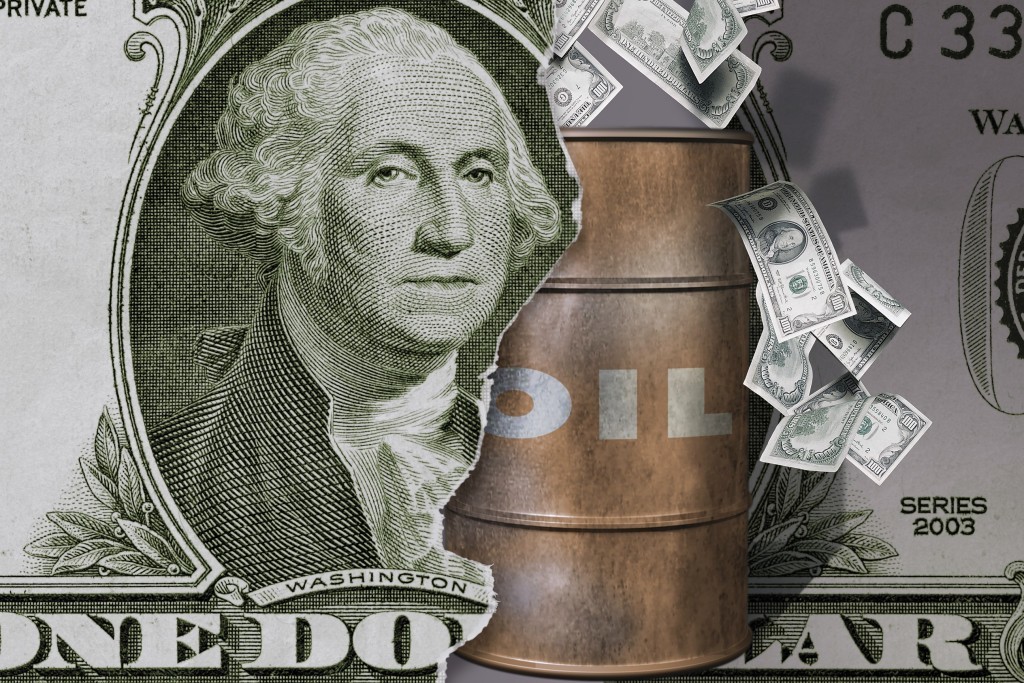
A new poll of oil market experts has found they expect the price of a barrel of Brent crude to gradually rise towards $60 per barrel by the end of 2017, from an average of about $45 this year.
The survey among 29 analysts and economists was carried out by media giant Thomson Reuters, with the combined prediction of $56.90 per barrel on average next year matching widespread forecasts in the range $50-$60.
Bank of America Merrill Lynch Global Research anticipates an average price of $61 for North Sea Brent crude, which has taken over as the global benchmark for oil in recent years.
And the US Energy Information Administration expects Brent to average $52 next year, up from £43 in 2016.
Predictions are mostly conservative due to a strong dollar, a likely recovery in US oil output and possible non-compliance with recently agreed production cuts.
Analysts at US investment bank Goldman Sachs are among the most optimistic, predicting Brent will hit $59 as early as the second quarter of next year, while financial services firm Raymond James said back in June the price could rise as high as $83 next year.
Oil prices dipped yesterday after a surprise increase in US inventories reversed a recent advance, with Brent down 17 cents at $56.05 a barrel.
But they are still supported by expectations of tighter supply once the first output cut deal between the Opec cartel and non-Opec producers in 15 years takes effect.
January 1 is the official start of the agreement to lower production by nearly 1.8million barrels a day.
In October, more than a month before the output deal was announced, the World Bank raised its forecast for average crude oil prices in 2017 by $2 to $55 per barrel.
Thomson Reuters Oil Research and Forecasts analyst Giorgos Beleris said: “A broad risk for the recovery of oil prices is the US dollar, which has risen to multi-year high levels. The greenback will eventually mount pressure on oil prices and may curb any gains.”
Thomas Pugh, analyst at London-based research company Capital Economics said the recent output deal was likely to only be partly implemented.
Mr Pugh added: “Many of the non-Opec countries are likely to renege as are many of the smaller Opec members, but cuts should still be large enough to help rebalance the market.”
Recommended for you
